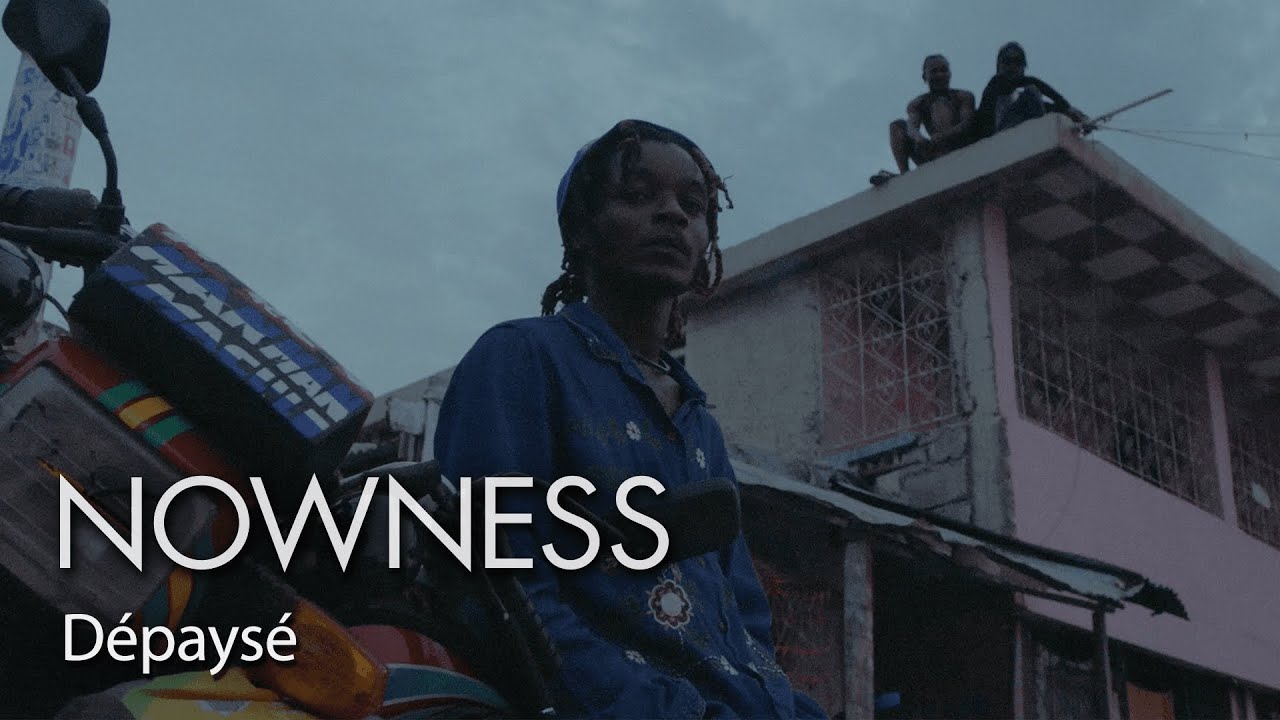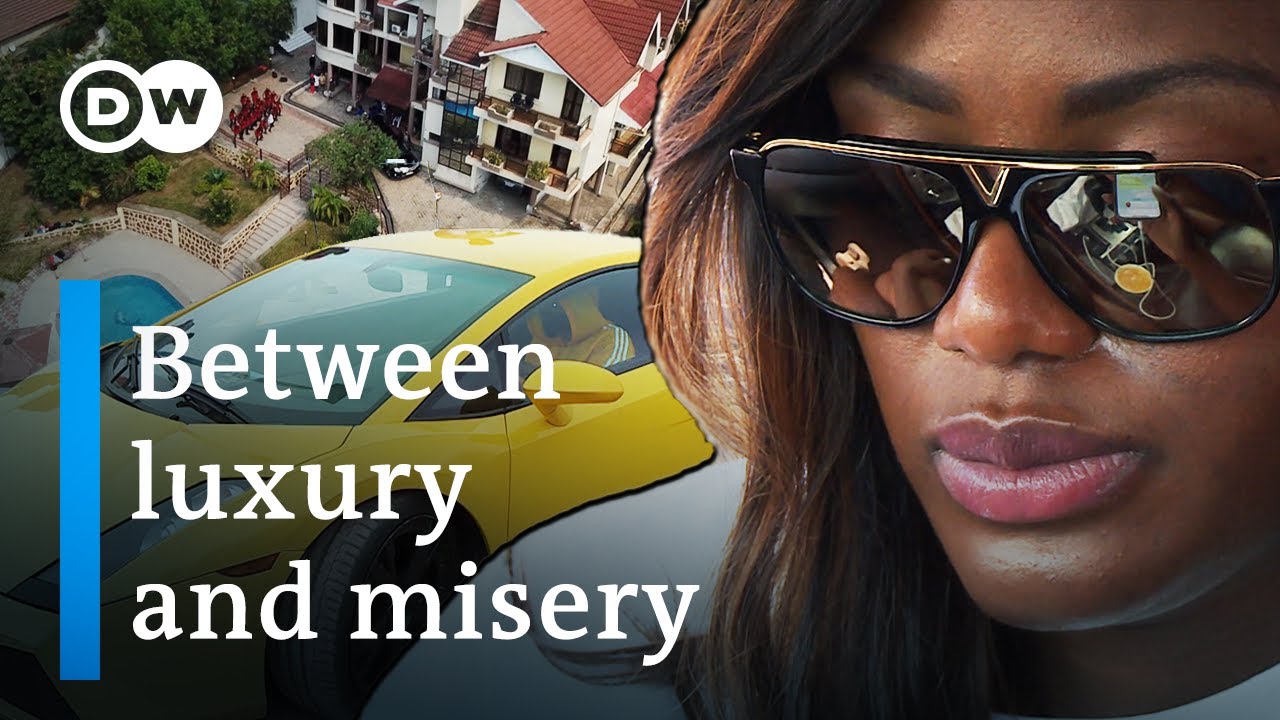MEDIUM
For some time now, I’ve been intrinsically captivated by documentary films in all forms, being involved as a viewer/enthusiast and creator alike. So it’s pretty much a given that I would choose a documentary as the medium of my capstone project/presentation, representing the culmination of the knowledge and expertise gained during my study of communication and concentration in digital filmmaking over these past years of schooling. However, the challenge still remained, that is—what kind of documentary film would I produce and how exactly should I execute it? Having produced numerous documentaries myself over the years with topics ranging from inequality and life in the 1940s to a docuseries on a local up-and-coming music artist, I needed to choose something completely different from the norm, something that transcended my usual work and truly took on its own unique style and approach.
DOCUMENTARY MODES
In order to come to this conclusion, I would first need to decide on a documentary mode(s), in other words, a framework of documentary categorization based on distinct characteristics and storytelling styles. According to American film critic and theoretician Bill Nichols, there are six different modes of documentary including poetic, expository, reflexive, observational, performative, and participatory. However, I’ll only be focusing on poetic and expository being that those are the two modes or approaches that I decided to use in creating my documentary film.
Firstly, the poetic mode is essentially what it sounds like—a poetic approach and structuring of narrative composition and production. In this mode, mood and tone are emphasized above all else, and linear composition is forgone, forcing a focus on striking and highly reflective visual images that work independently to tell a story without verbal narration or exposition.

In contrast, however, the expository mode of documentaries is the more conventional and recognized framework of production. It involves a central, overarching argument with a clear point of view and omniscient narrator. Far from the poetic mode, expository documentaries require verbal narration to supplement visual storytelling instead of complete visual independence.

The Life of the Super-Rich in Central Africa.
Now, why did I choose two such drastically different documentary modes as the building blocks of my own production? – you might ask. The answer is simple: I’d like to create an expository documentary by categorization—with narration and an argument regarding a topic, while at the same time, maintaining a poetic-like feel, with striking visuals, a strong and reflective music score, and the ability for my images/videos to speak for themselves and tell a story, in addition to the narration and interview material.
TOPIC
While I’m not 100% set on this specific topic yet, I’ve made the tentative decision, or rather, got the idea to create a documentary on the life and the people of the Eastern Panhandle, West Virginia. This is not meant to be at all historical or even informationally driven per se, but rather an artistic, avant-garde experience that incorporates voice-overs from natives of people’s stories and experiences, landscape shots of the mountainous regions of the state, the major towns and overlooked hidden gems, and perhaps some insight into my own personal experience living here for so many years. In terms of a specific topic/argument, I’d like to explore how living in this specific location has influenced people’s worldviews and perceptions/outlooks on life as well as what separates this region from other, possibly more highly populated areas, and what makes it so unique.
Like the poetic mode, this film will rely on visually striking shots but will be paired with the strong narration and anecdotal voiceovers of an expository piece. I also seek to produce my own background music for my soundtrack, so as to eliminate any concerns of copyright and originality, while making the experience even more personal and fine-tuned, as I’ll be able to tailor each aural element to precisely reflect/mirror the visual.
9/10 UPDATE
As of September 10, 2022, I have decided to change the topic of my documentary from the People of the Eastern Panhandle to “The Future of Gen Z,” where I will explore what Gen Z is, what separates it from other generations, and how the digital revolution has impacted us in positive and negative ways.
I would still like to use both poetic and expository techniques in creating this documentary, but I will likely implement more first-person narration as well as voice-overs and interviews throughout the piece. Also, the topic of Gen Z as a whole and their preparation for and role in shaping the future fits very well with the current stage of my life as a senior in college, as I myself prepare for the future of my career.
My research sources will remain the same for the most part, as they are mainly informational texts on documentary filmmaking. However, I will add a few additional resources that pertain to the topics of understanding Gen Z, the technology revolution, and ultimately the future of this new generation.
